Case Study: Great Dunmow Primary School
Great Dunmow
Essex
CM6 1ZR

Helen Andrews of Great Dunmow Primary School, Essex, answers some questions about the impact that Charanga’s Musical School has had on the school’s music provision.
How would you characterise the school and what are its main challenges?
Great Dunmow Primary is a large primary school in a fairly rural area. The school followed Music Express which demanded quite a lot of planning and subject knowledge so music became a subject that was quite often pushed off the timetable when time was tight. The children found it rather boring as it did not give much opportunity for creativity. Teachers justified that music was happening because the children sang in assembly.
What impact has Musical School had on the pupils?
The children love it! They love the variety of music dealt with and will look forward to the songs that they have heard an older year group singing in their class assembly. They enjoy the games, are getting better at the listening and appraising especially with the new Scheme and love the singing, playing, improvising and composing. I have used the Music World now with KS2 and they are very competitive with the amount of time they have spent learning the songs that I have put in their ‘homework’ – parents have even sent in photos of their children singing in front of the computer at home! They have enjoyed using Chromebooks in class to compose with their logins. Charanga has now become a name that the children are very familiar with and they like the routines of the lessons but also the fact that it’s different each time.
What impact has Musical School had on the staff?
I teach most of the music in KS2 and I have found it invaluable. The less experienced staff can just follow the plan and even without anything else the children will have a good musical experience. Whereas, I have played with the Chromebooks and children are able to compose individually in class then play it back through headphones learning to play it on the glockenspiel at the same time.
Very exciting for even the most apathetic child. Most classes have chosen to do their nativity from Charanga and so are benefitting from the children practising at home. I teach very basic violin and have used the courses so that the children are also able to practise with a backing track at home. Recorder club are also using the course which is so very helpful to our non-specialist teacher.
All children now have their passwords and I have trained the staff on how to use it to set homework. It has also been great to have standardised definitions of some of the terms used and these can be printed out for display in classrooms.
What are your plans for music going forward?
As part of my performance management I have two main targets which will both involve Charanga. The first is to improve the assessment process so I will be formalising that throughout the school with the uploading of work onto the system. This can then be used to provide statement banks for teachers to use in reporting.
The second main plan is the increase in instrumental playing in the school. A neighbouring primary school and ours are hoping to join up to create an ‘orchestra’. Obviously the fact that all the Units of Work come with different parts already written will mean that we have some material already. Music World means that the children will be able to practise their parts with backing at home.
In the next couple of weeks as part of my job as Music Coordinator, I will be interviewing some children to have their opinions of music and then team teaching with some of the more reluctant of teachers. I would very much like to use more of the songs for choir but am looking more for easy two-part songs. The Little Voices ones would be better if the second voices could be taught separately – we have a very young choir! Anyway thank you for Charanga – love it!
